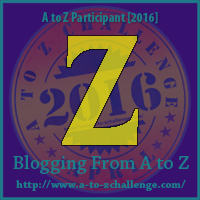
|
My theme for the April A to Z blogging challenge is productivity for creative people.  I’ve really enjoyed researching the concept of productivity for this year’s A to Z Challenge. For the last two A to Z Challenges (2014, 2015), I’ve ended with a Zig Ziglar quote, so it's become my A to Z tradition. Here’s a quote from Zig to wrap up this year’s challenge: The A to Z Challenge might be over, but I blog about creativity, books, and the writing life throughout the year. You can sign up to receive my blog posts automatically by email. For my author-related news (and fun memes), sign up for my monthly newsletter. I hope we can stay in touch until next April when the A to Z madness begins again!
My theme for the April A to Z blogging challenge is productivity for creative people.  Who better to offer advice on being a productive creative person than some productive creative young adult authors? Thanks to Gretchen McNeil, Katie Kennedy, Isabel Sterling, and Charlotte Bennardo for sharing their tips.  Gretchen McNeil: “I came up with this method in order to trick my brain into chipping away at my deadlines. I set an online timer for between 12 and 15 minutes, then I just dive into the writing. I don't think, I don't check email or Facebook or my phone. I just type until the alarm goes off. Then I rest. And check email and Facebook and my phone. And think a little about what comes next in the story. I'm not super strict on my down period - 20 minutes or so? Then I take a breath, set the timer, and dive back in. Rinse, repeat. I can knock out 300-400 words per sprint and suddenly, my goals seem manageable.” Katie Kennedy: "I write on a computer with no internet. So no checking email, FB while I'm writing." Isabel Sterling: "On weekends, I drop my girlfriend off at work and then write in the local Barnes and Noble for her 4-6 hour shift. While I definitely take breaks, I get way more done this way compared to when I'm home alone with Netflix staring at me from the living room." Charlotte Bennardo: "Always be doing something every day--if not writing, then editing, outlining, researching, developing the next idea, booking signings, paying it forward, blogging, reviewing, reading... Not only will doing something almost every day help you get things done, it helps you set up a solid routine and puts you in the mindset of working on something even when a novel is finished, or when writer's block hits, or when you're waiting for edits or a response to your submission. Finally, it helps you think in multiple directions." What tricks do you use if you *have* to get something creative done? Offer your own productivity advice in the comments. I provided mine last year for Y:
Y is for Yours Truly: Productivity Advice from Yvonne. My theme for the April A to Z blogging challenge is productivity for creative people.  X is one of my favorite letters during the A to Z challenge, because it forces me to be creative. Last year, I wrote about xeriscapes and productivity. This year, I give you the XEBEC. According to the Oxford dictionary, a xebec is a “small three-masted Mediterranean sailing ship with lateen and sometimes square sails.”  By Ange-Joseph-Antoine Roux - Jean Meissonnier, Voiliers de l'Époque romantique, Edita Lausanne, 1991, ISBN 2-88001-273-2, p.43, Public Domain. By Ange-Joseph-Antoine Roux - Jean Meissonnier, Voiliers de l'Époque romantique, Edita Lausanne, 1991, ISBN 2-88001-273-2, p.43, Public Domain. Wikipedia expands on this: “The term can also refer to a small, fast vessel of the sixteenth to nineteenth centuries, used almost exclusively in the Mediterranean Sea.” I don’t know a lot about ships, but this one was speedy (and often used by pirates). Let’s stick with the speedy aspect for a moment. What can you do to be lighter, faster in your work? Can you try a quick story draft instead of laboring over a perfect paragraph? How about a series of rough sketches? How about lightening your own expectations? If you listen to music, do mundane tasks go faster? Can you eliminate distractions to make work speedier? You can also try the Pomodoro technique--spurts of focused work for shorter time periods--as a way to be creative and productive. Happy (Speedy) Sailing! Share links to your own X posts or include your favorite X words below.
If you are looking for the A to Z blogging challenge, scroll down for today's post.  Today, April 27th, is Denim Day, which supports sexual assault survivors and sends the message that clothes are not consent. This Denim Day, students from City As School will walk across the Brooklyn Bridge to show their support. For more information, visit denimdayinfo.org or the Authors Supporting Denim Day Facebook Event throughout the day for virtual support from some of your favorite authors. Show your support by taking the pledge here. My theme for the April A to Z blogging challenge is productivity for creative people.  In Getting Things Done: The Art of Stress-Free Productivity, David Allen advocates using a weekly review to stay on top of your various projects and commitments. He says the weekly review process is “whatever you need to do to get your head empty again. It’s going through the five phases of workflow management--collecting, processing, organizing, and reviewing all your outstanding involvements--until you can honestly say, ‘I absolutely know right now everything I’m not doing but could be doing if I decided to.’”  Isn’t that a freeing concept--tracking all of your to dos, knowing you are not forgetting anything, than consciously choosing your current task? Allen recommends the end-of-day Friday for these reviews, which might make sense for traditional office jobs. Personally, I try to spend some time each Sunday night updating my to do list and reviewing my calendar so I can plan for the week ahead. Do you have any traditions or ways to get ready for each week?
My theme for the April A to Z blogging challenge is productivity for creative people. 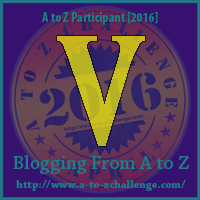 Here's an inspirational quote from author Victor Hugo for today's post. If you are blogging from A to Z, how is it going? Did you pre-write your posts? Are you enjoying visiting other blogs? In the comments, put a link to a new blog you've discovered through A to Z.
My theme for the April A to Z blogging challenge is productivity for creative people.  It sounds counterintuitive, but unplugging from technology can improve your productivity in the long run. Disconnecting has its benefits (Huffington Post): “Research shows that signing off from work email over the weekend allows you to recover from the demands of your job. . . .What's more? Taking a break will make you MORE productive in the long-term, according to emerging research on ‘strategic renewal.’” If you’ve ever taken a break from social media, you probably agree that it can be refreshing. Unplugging can also make you happier. According to Fitness magazine, "A study at the Missouri University of Science and Technology investigated the relationship between Internet usage and moods and found that college students with depressive symptoms all shared similar behaviors when it came to browsing the Web and that excess time spent chatting online only increased feelings of real-world loneliness. Lesson learned: Beat Facebook fatigue by logging off. It's that simple.” Tiffany Shlain, founder of the Webby Awards, takes a “technology Shabbat” every week (Greatist.com): "Without the constant buzzing and pinging, Shlain has time to space out and explore her imagination. 'It puts my mind into a different mode of thinking,” she says. “It’s supple and allows me to be creative and inspired.'" I love the idea of one day a week without technology, but I haven't implemented it yet. Do you unplug on vacations? Have you tried to disconnect on a regular basis?
My theme for the April A to Z blogging challenge is productivity for creative people.  “Filling the well” is a concept from Julia Cameron’s book about creativity, The Artist’s Way. Cameron says, “Any extended period or piece of work draws on our artistic well. Overtapping the well, like overfishing the pond, leaves us with diminished resources. . . As artists, we must learn to be self-nourishing. We must become alert enough to consciously replenish our creative resources as we draw on them—to restock the trout pond, so to speak. . . . In filling the well, think magic. Think delight. Think fun.” Listening to music can fill the well, or cooking (if you find that fun). I like to go to new places, even if it’s a new grocery store, so that mundane chores have a different feeling. Visiting museums or reading outside of your usual genre can fill the well. Even sitting in a coffee shop, observing people, can work. Do you take time to replenish the artistic well?
What are your favorite activities? My theme for the April A to Z blogging challenge is productivity for creative people. 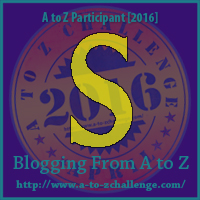 If you are not under an official deadline, one way to encourage progress is to manufacture your own due date. You can make a promise to yourself (“I will finish this draft before the kids are off for summer vacation!”), and if that doesn’t work, make a promise to someone else. Let your niece know that you’ll finish knitting the blanket in time for her birthday. Tell your critique partners that you’ll have chapters ready for them. Set up a blog schedule and notify your followers that you’ll be posting on certain days. If you have an agent, give her a date when you’ll have the manuscript done.  I find that once I’m accountable to other people, I’m much more likely to honor that commitment. According to The Power of Deadlines, “the general pattern is that, as people approach a deadline, they typically become more motivated and work harder at the task in hand, and performance can even improve.” Do you find deadlines motivating or stressful?
Have you ever manufactured a deadline to complete a creative goal? My theme for the April A to Z blogging challenge is productivity for creative people.  Author Jack Gantos has an impressive writing routine. He writes about 200 days a year in the library. Each day, he spends two hours drafting, two hours revising, two hours reading, and about two more hours working before he heads home. (He spoke about this during his SCBWI Winter Conference speech a few years ago.) I was able to ask Gantos about it recently, and he said, “I try my best to keep to a rigid schedule which still allows for me to be creative within the boundaries.”  Author Jack Gantos Author Jack Gantos The concept of having a routine (or set schedule) means that you don’t need to decide what to work on next, or how long you will work, or whether or not you are feeling inspired. It just means the creative stuff gets done. James Clear compiled the daily routines of twelve other authors. Two excerpts: E.B. White: “A writer who waits for ideal conditions under which to work will die without putting a word on paper.” Barbara Kingsolver (about writing while raising kids): "I used to say that the school bus is my muse. When it pulled out of the driveway and left me without anyone to take care of, that was the moment my writing day began, and it ended when the school bus came back." Do you have a set creative schedule? Do you use environmental cues (like working in a library or waiting for the kids to leave for school) to trigger your creativity?
|
JOIN NOW!
Sign up for Yvonne's newsletter for exclusive content, book news, and other occasional author goodies. Archives
March 2025
Categories
All
|





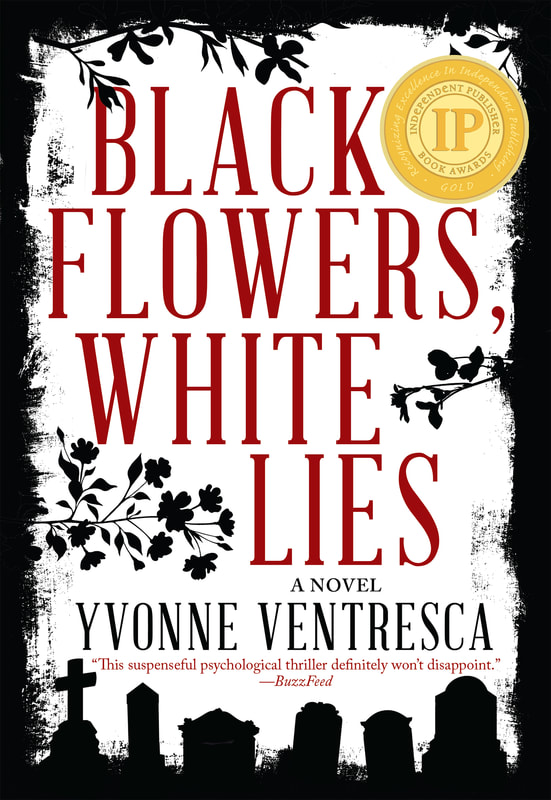
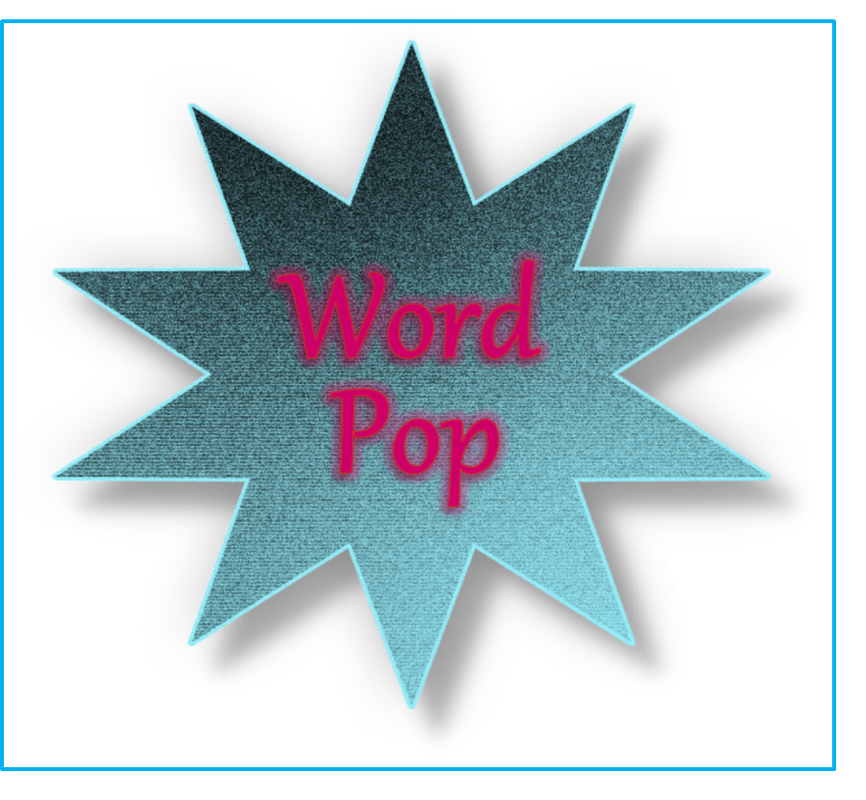
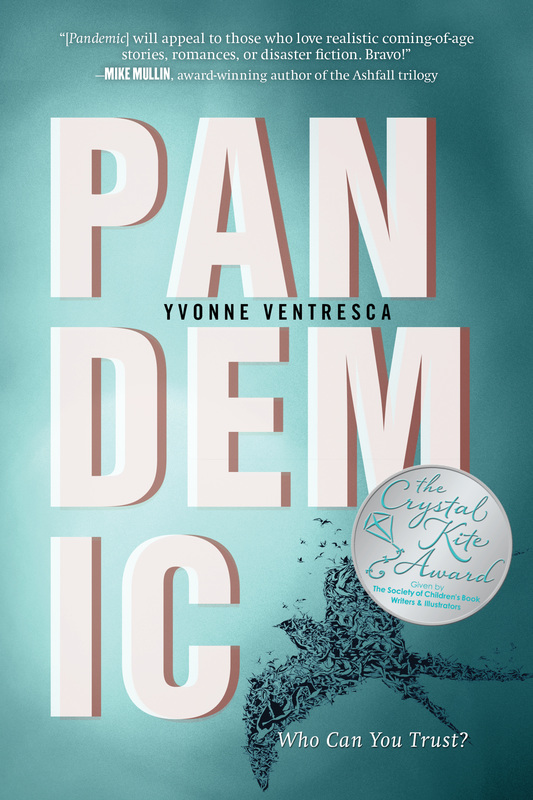
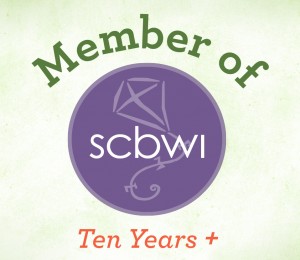

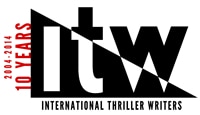
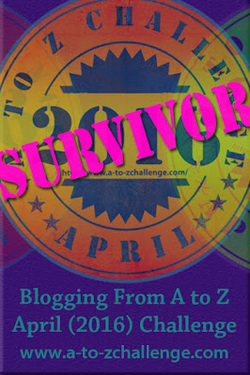
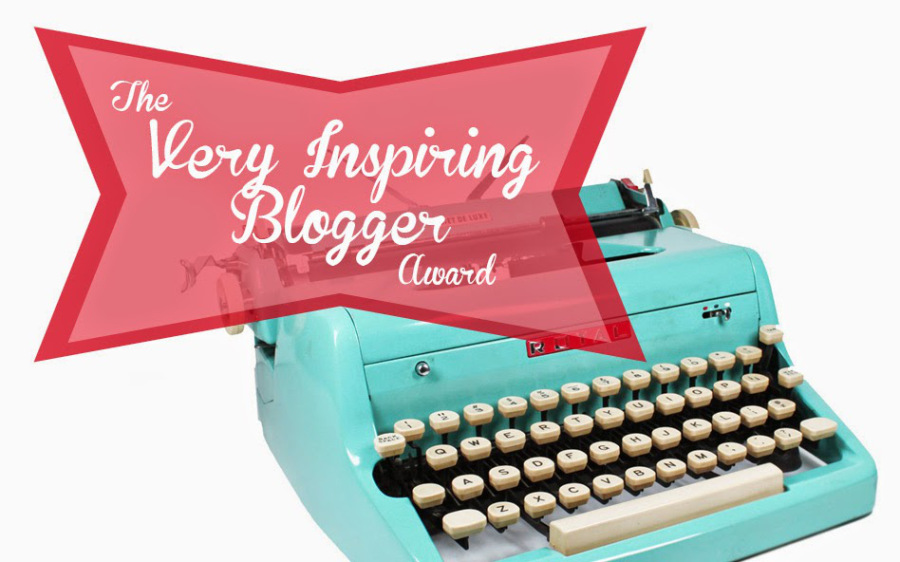
 RSS Feed
RSS Feed